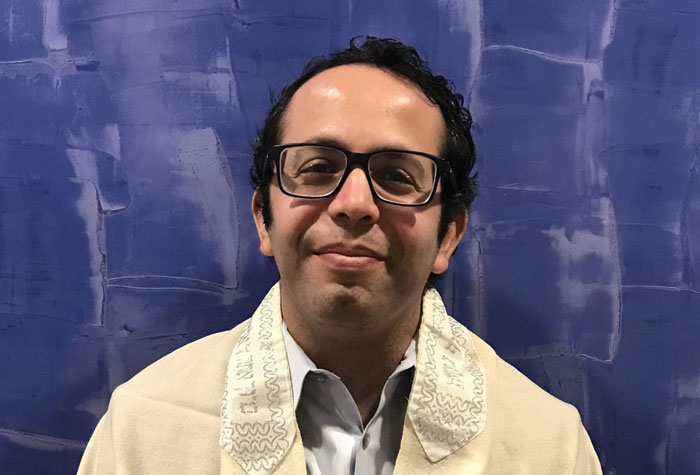 Jonah Sanderson
Jonah Sanderson Jonah Sanderson, who for four months has served as a chaplain in Gastonia, North Carolina, is not just the only Jewish employee at the small hospital at which he works. He is also the only visible Jew in town.
After graduating with a bachelor’s and a master’s from the Academy for Jewish Religion, and fielding five different job offers, the Los Angeles native decided to head down to the Deep South to initiate a path of what he called, “Jewish renewal in the South.”
“What I have tried to do is reach patients on a neshama level.”
— Jonah Sanderson
“What I have tried to do is reach patients on a neshama level,” said Sanderson, who is studying to become a Conservative rabbi. “Although prayer in minyanim and kashrut may not be their things, I ask them, ‘When you get sick, you need psychological help or you lose a loved one, where do you turn?’”
Of the few Jews who live in Gastonia, many have intermarried or assimilated. Sanderson, therefore, would like to create a community that tackles the issues that face Jews in the South, including a lack of identity and antisemitism.
He is no stranger to building Jewish community, as his father, Jay Sanderson, is the CEO and president of The Jewish Federation of Greater Los Angeles (Rabbi Noah Farkas will inherit the role on Jan. 1, 2022).
Although Sanderson said that 20,000 Jews live in nearby Charlotte, only 10,000 of them are affiliated with synagogues.
“Where are the other 10,000?” he said. “The answer is that people are not necessarily looking for synagogues anymore. We should ask them: ‘What aren’t we giving you?’ What we need is real, authentic Judaism that speaks to the heart of each individual.”
He is also passionate about bringing more mental health awareness and resources to the community. After a 31-year-old friend of Sanderson’s tragically took his own life, Sanderson saw that Jewish communities did not speak much about mental illness, and they merely “outsourced people’s needs to Jewish Family Services and to private therapists,” he said.
While in L.A., he created an organization called Back Engaged Now, which provides mental health training and panels to rabbis of all denominations and enlists licensed mental health professionals to provide weekly check-ups with congregants.
Along with Temple Ner Simcha and Temple Ahavat Shalom, Sanderson created two Shabbat dinners that not only provided meals to 40 Jews, but also connections with mental health resources and psychological counselors as well.
After sitting at the bedsides of 83 patients who have died from COVID in Gastonia over the last four months, what Sanderson has learned is that it doesn’t matter what faith patients practice. What matters is that they have faith in general.
One patient he recalled fondly was a 29-year-old COVID patient whose chances for survival were not good.
“I will never forget coming into the patient’s room and playing Frank Sinatra and Destiny’s Child,” Sanderson said. “We sang ‘Say My Name,’ and we prayed that this patient would make it home. I said a shehecheyanu, made a mi sheberach and I wished this patient well. Thank God, the patient is now home.”
Sometimes, Sanderson brings along Jewish texts and ideas to provide the patients, most of whom are not Jewish, with hope and inspiration.
“This virus is so horrific that any judgment they might have when I walk in the door goes out the window,” he said. “I come in, and I see patients on ventilators and bypass machines with tubes keeping them alive. They look at me, and they just start to cry. Then I start to cry.”
What Sanderson has taken away from his job is that we really are all children of one God.
“Every way is a way to God as long as that way is non-violent and inclusive,” he said. “I often tell my patients, ‘One more commandment, one more good deed could tip the scales to the world of good. So, what we really want is for you to get better, so that you can get out there and tip the scales to bring redemption.’”







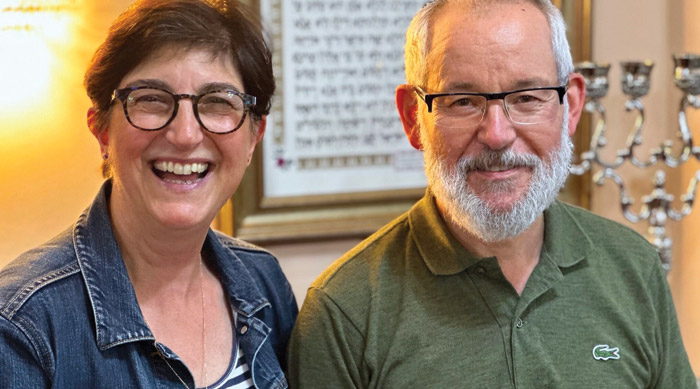

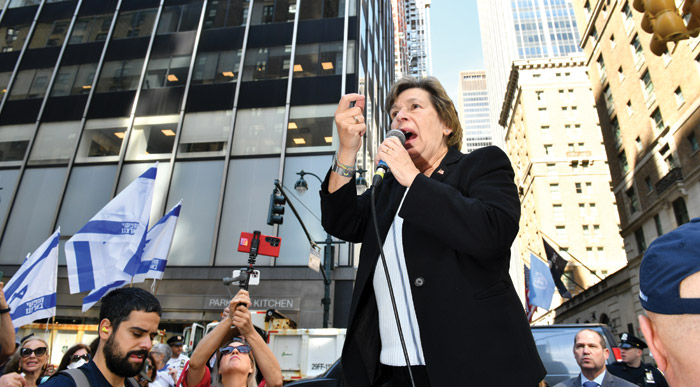
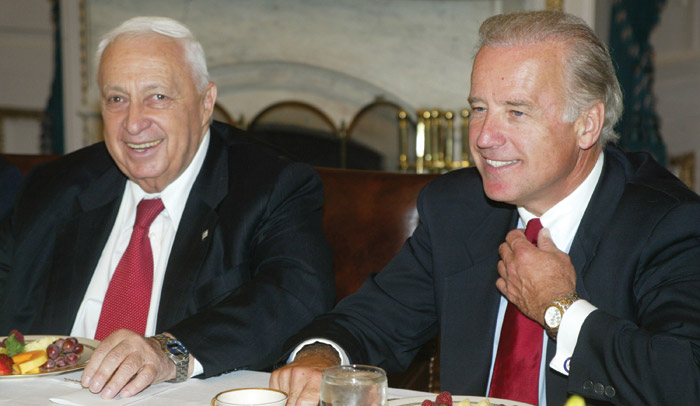
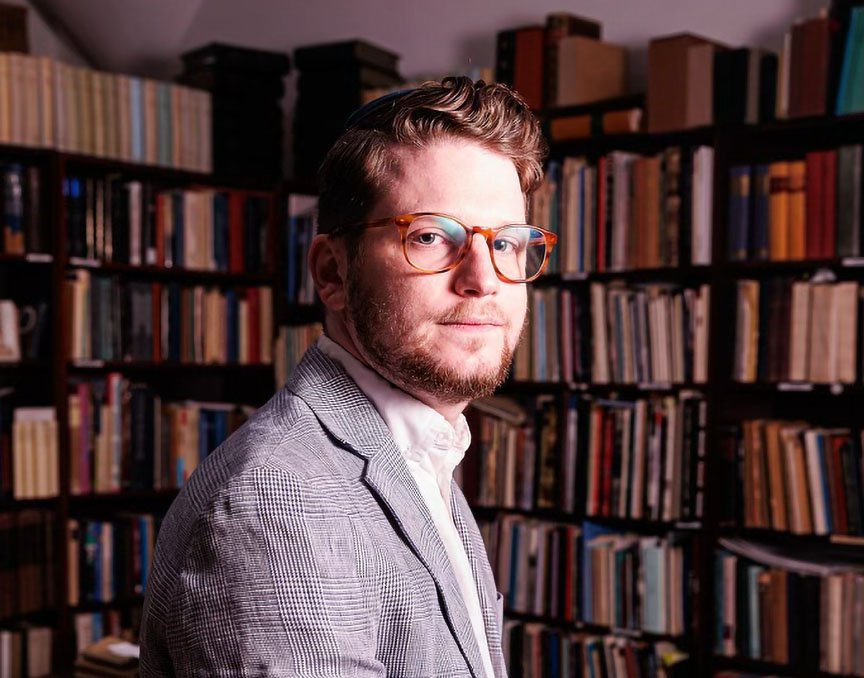



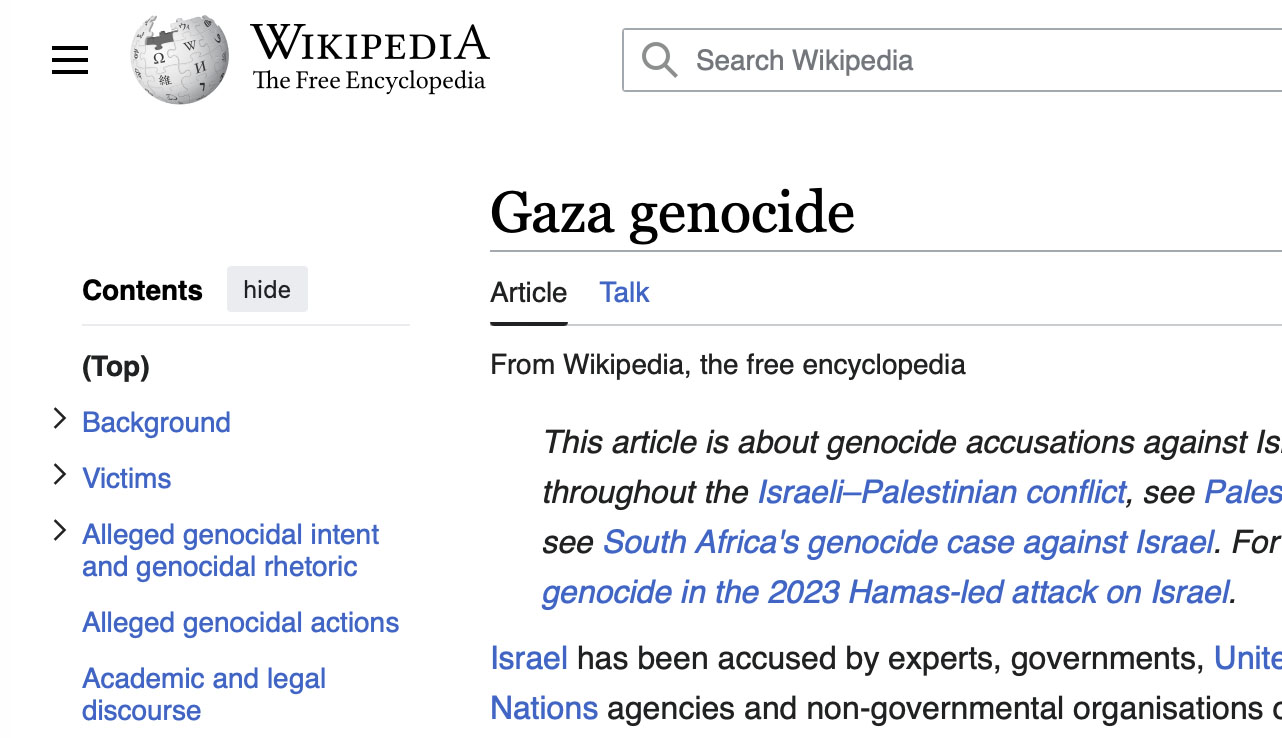



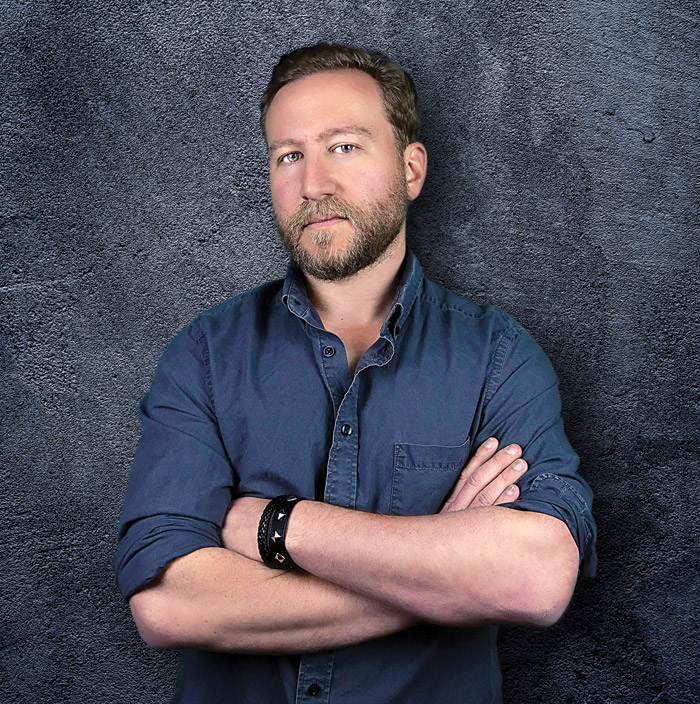
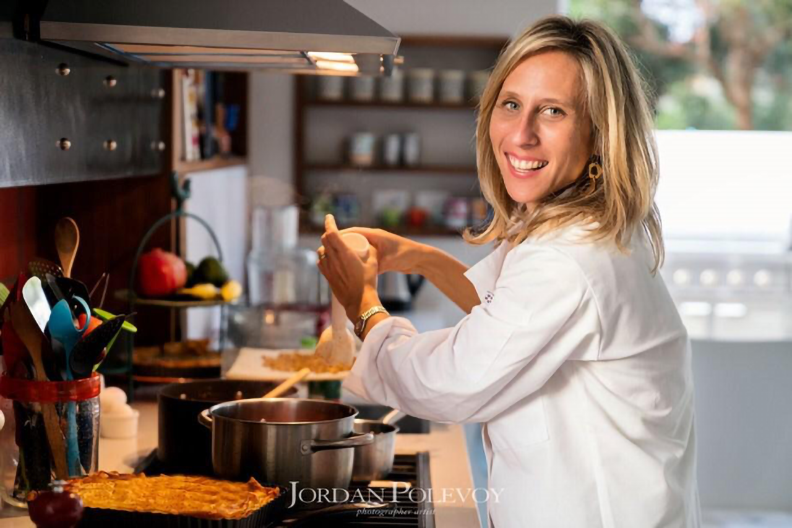
 More news and opinions than at a Shabbat dinner, right in your inbox.
More news and opinions than at a Shabbat dinner, right in your inbox.